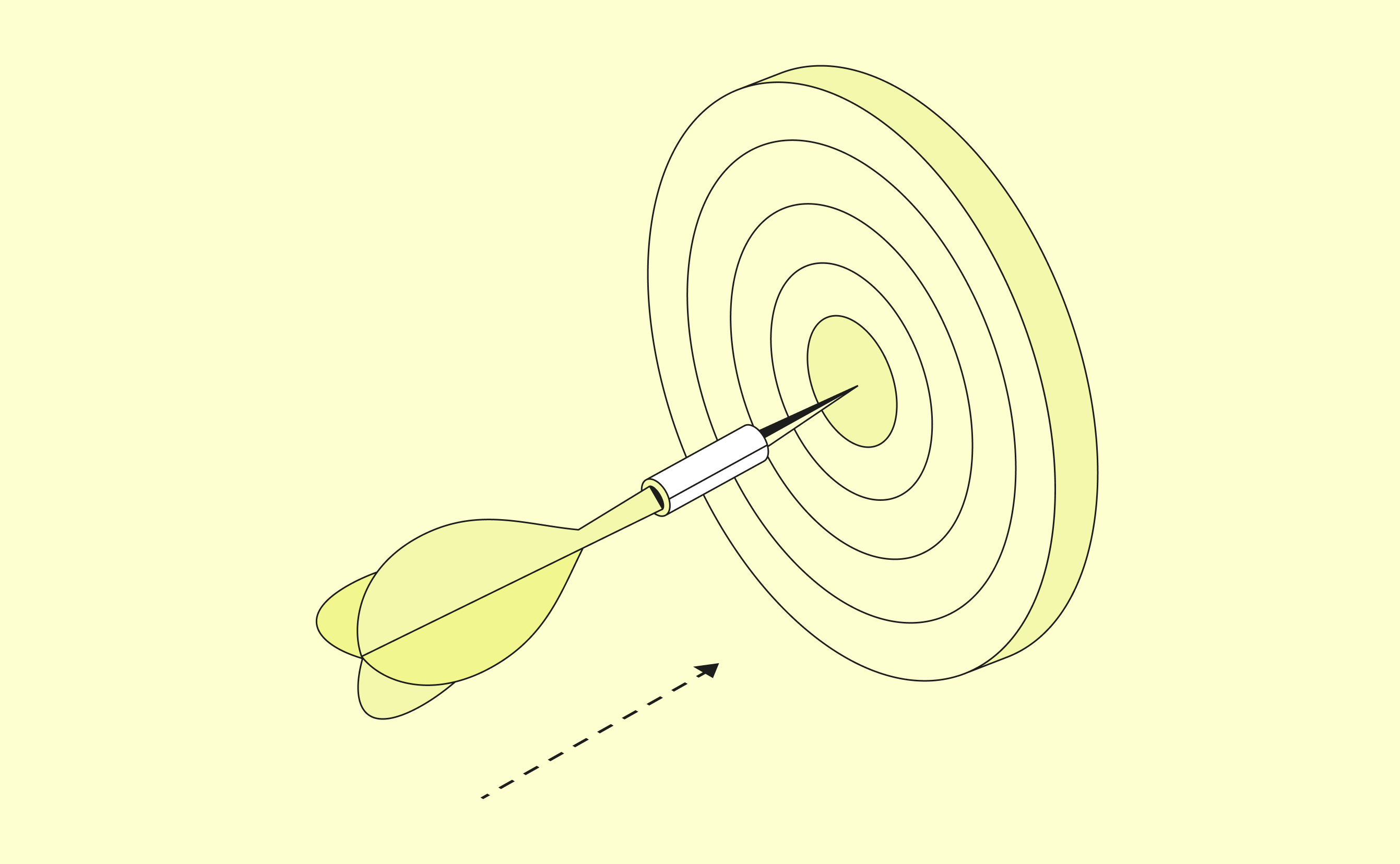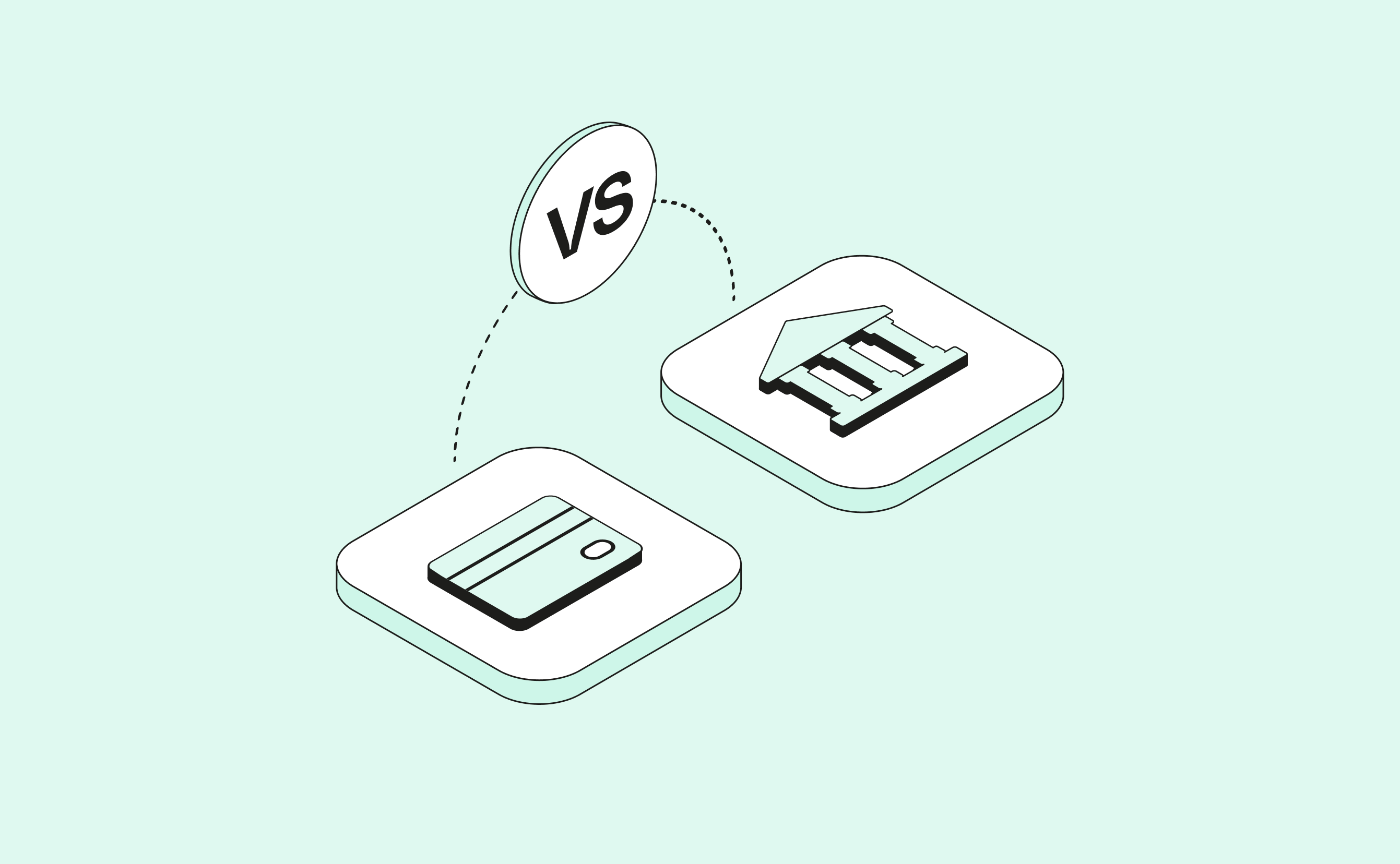Securities accounts:
A securities account, also called 'brokerage account' (in French, 'un compte-titres ordinaire' or CTO) is more suited to those who are prepared to take on a higher element of risk and invest over a longer term in exchange for a higher return.
It's an account that allows you to deposit money with a broker or bank, and these funds will be used to buy and sell securities like stocks, bonds and mutual funds on international markets. Put your money into a securities account and any profit they generate will be yours.
💡 Securities account summary:
- Duration: medium- to long-term. It is prudent to opt for an investment over several years as the international markets are volatile and exposed to risk.
- Expected return: market volatility makes it difficult to forecast for sure but annual averages generally gravitate around 7%.
- Risk: moderate to medium, as the funds are subject to the fluctuating financial markets. Your investment is not guaranteed and you may make losses.
- Liquidity: strong, as you can transfer money in and out whenever you like, much like a bank account.Real Estate investments:
In France, there exists a system of real estate investment known as 'pierre papier' (let's call it 'Brick&Mortar/Paper'). This allows you to buy shares (the 'paper' part) in financial products that own real estate (the 'Brick&Mortar' part). Think of it as an indirect way of investing in property. Two types of 'pierre papier' products are SCPIs and OPCIs:
- SCPIs buy and rent out real estate (usually commercial property) that are run by a certified management company.
- OPCIs work in much the same way as SCPIs, except that a minority part of the invested funds must be funnelled towards non-real estate investment, such as the international markets.
The 'pierre papier' system is a good solution for diversifying your investments and enjoying the relative stability of real-estate without having to buy entire properties or collect rents. Instead, you become a partner in a property portfolio and share in rent incomes as well as any appreciation in the value of the property (and thus your shares).
💡 Real Estate investment summary:
- Duration: long term; OPCIs are suitable for investments of at least 4 years, SCPIs for those of at least 8 years.
- Expected return: this varies according to the fluctuations of the property market (and financial markets in the case of OPCIs). Typically a SCPI may bring yields of around 5%.
- Risk: your investment is not guaranteed, meaning you do risk losing money if the property market collapses.
- Liquidity: strong, as you can sell your shares within a few days.
With all the above options, we see that there's no investment option that's perfect for every individual case. Each business owner needs to think carefully about the most suitable solution for investing their company's cash surplus.
There are, however, general rules that should be obeyed in most cases. Like 'don't put all your eggs in one basket' for example. Diversifying your investments can limit the overall risks. Money to be invested in the short term is suited to Term Deposits, whereas surplus cash that can be spared for longer periods can be put to work in Securities accounts or in real estate.







